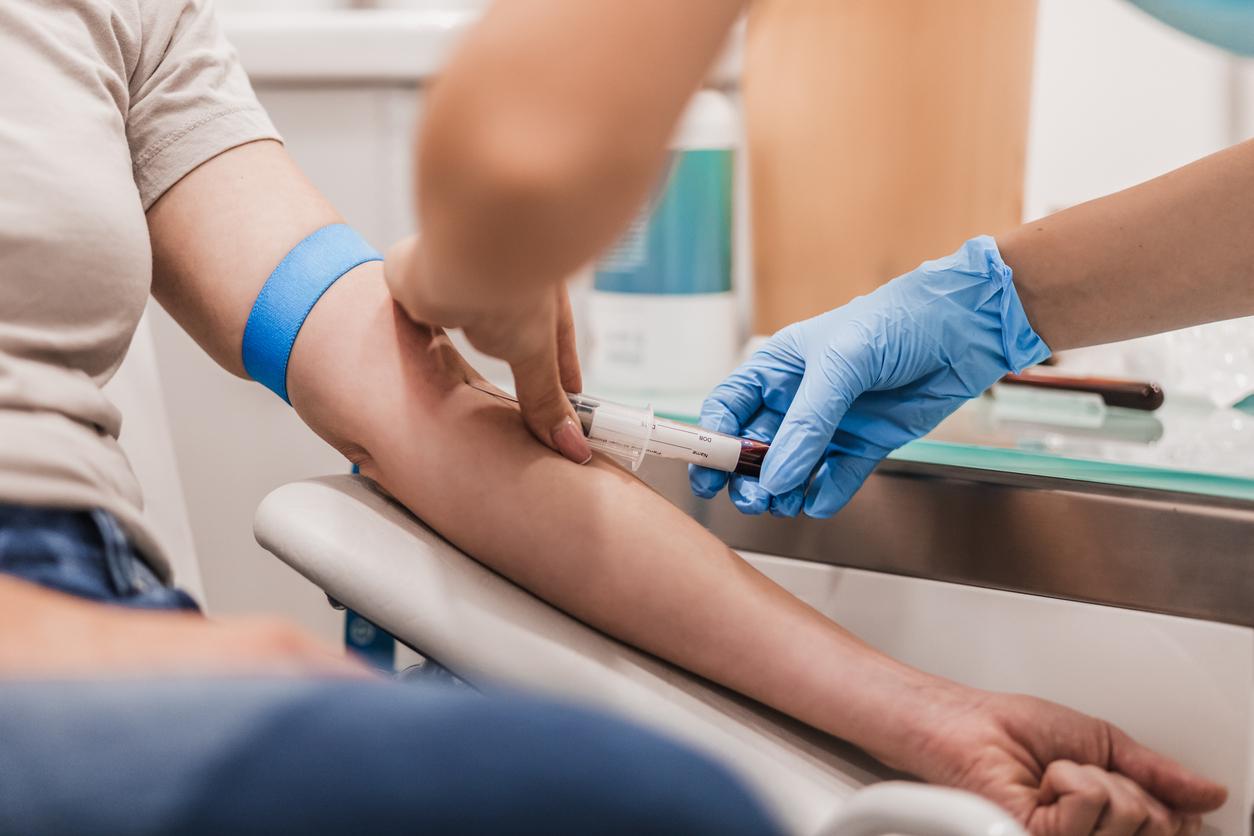While some research has made a link between taking antidepressants during pregnancy and autism in children, a meta-analysis of several studies on the subject ensures that this is not the case.

Autism spectrum disorders (ASD) affect one in a hundred births. In France, around 700,000 people are affected, including 100,000 under the age of twenty, according to Inserm. The first signs suggestive of the disease appear before the child is three years old. They are characterized by a communication disorder, difficulties in having social interactions and behavioral abnormalities. If the origins of the disease are mainly genetic, other factors intervening during pregnancy and around childbirth can disturb the cerebral development of the child. Several studies have notably made the link between the prenatal use of antidepressants by the mother and autism in her offspring. However, according to a meta-analysis recently published in The American Journal of Psychiatrythe fact that a woman takes antidepressants during her pregnancy does not seem to increase the risks.
To reach this conclusion, Dr. Jeffrey Newport, director of the women’s reproductive mental health program at the Mulva clinic at the University of Texas at Austin (USA) and professor of psychiatry at the Dell Medical School of the same university, reviewed 14 studies on the subject. In his review, Newport says studies that have linked prenatal antidepressant use to autism have not taken into account ascertainment bias, which occurs when one group of patients is tested more often than others. According to him, the origin of the bias is the limited access to health care among ethnic minorities and immigrant women.
“In these studies, immigrant and Latino mothers had consistently lower rates of antidepressant treatment and lower rates of autism diagnosis in their children.he explains. This is not surprising, as these minority groups are known to have more limited access to health care, including treatment for depression and careful diagnostic evaluation of concerning behaviors in a child”he continues.
“Commercial and clinical concerns”
Another interesting observation: family studies eliminated the problem of bias by comparing children who had been exposed to antidepressants or had ASD with their siblings who were not exposed to antidepressants or who were not ill. After removing ethnic bias, family studies found no association between prenatal antidepressant use and autism, Newport said.
“This should remind us that, although insurance databases and national registries have the advantage of having large numbers of participants, their data is not collected to answer research questions, but to manage business concerns. and clinicshe complains. Fortunately, the results of this meta-analysis show that with thoughtful study designs, researchers can overcome the biases often encountered when using such databases..”
Antidepressants aren’t the only drugs that have been linked to childhood autism. Some antiepileptics administered to the mother during pregnancy, such as Depakine, have also been singled out by science. But overall, with the exception of preterm birth, the officially recognized and important risk factors for autism, its environmental origins remain fairly unclear.

.

















